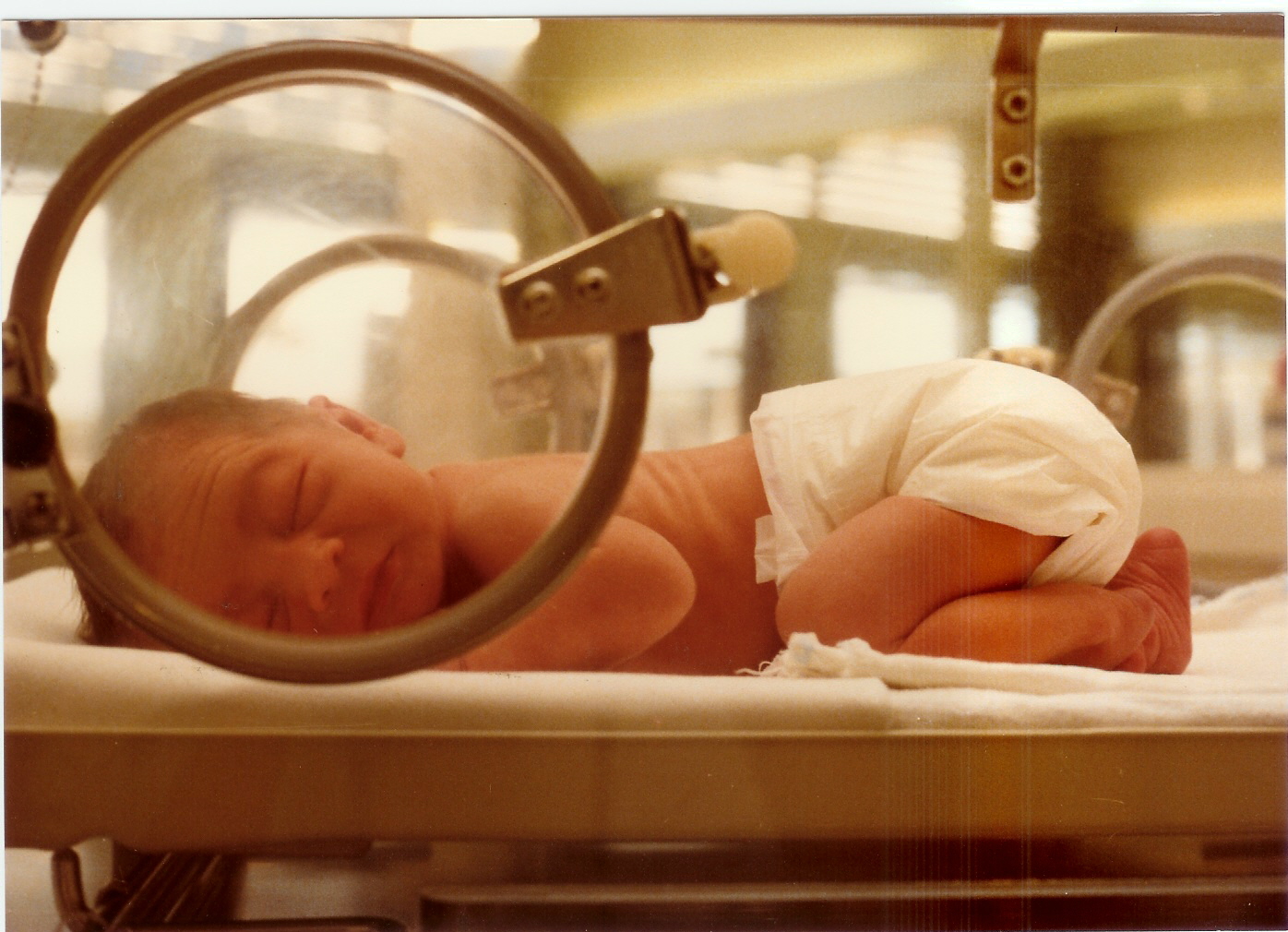
Japan’s plummeting birth rate has led a nappy manufacturer to stop making nappies for babies and instead ramp up production for adults, the company has said.
Oji Holdings will wrap up domestic output of infant nappies in September, after production dropped from a 2001 peak of around 700 million annually to 400 million today.
A spokesman said the demand for baby nappies “is decreasing because of factors including the falling birth rate.”
They will continue to be sold in Japan until stocks run out.
The number of births in Japan dropped to a new low in 2023, with more than twice as many deaths as new babies born.
The spokesman said Oji Holdings will boost production of the sanitary items for adults in the country, anticipating their use mainly in facilities like nursing homes.

A woman who had taken prescribed abortion pills later presented with a life-threatening ruptured ectopic pregnancy in Maternity Hospital Limerick, according to a report published in the Journal of the Irish Medical Organisation.
The authors said the practice of not providing an ultrasound in drug-induced abortion could lead to death where it was not understood that ectopic pregnancy was involved.
In response, Doctors for Life said that that previous warnings on the absence of a scan prior to prescribing abortion pills must now be heeded as a matter of urgency.
The case was written up in the March edition of the IMO’s Journal. The authors said that it provided insights into “a serious and life-threatening event, i.e., maternal collapse due to a ruptured EP [ectopic pregnancy] after a termination of pregnancy”.
They added: “It could have been prevented by an ultrasound for location of the pregnancy. Offering an ultrasound to confirm IUP to patients requesting abortifacients is not routine & this practice may result in masking signs and symptoms of EP in patients having abortion and result in mortality due to misdiagnosis and overlap in symptoms of EP and abortion”.

Simon Harris pledged the Government won’t ‘abandon’ the Hate Speech bill even as another Minister admitted it is unlikely to pass into law.
This comes as Sinn Fein announced their opposition to the bill and numerous backbench FF and FG deputies called for it to be withdrawn.
Minister Harris said the Programme for Government committed to the legislation, “for good reason,” while granting that there have been, “a number of legitimate questions raised” about it.
On the Tonight show, however, Minister of State Neale Richmond said that while it is possible the legislation could become law before the next election, “realistically, I think there is a review process under way… there’s an awful lot of amendments to review, and there’s an awful lot of people both in favour of it and against it who want that to be reflected upon …”
Presenter Ciara Doherty responded: “Its gone, Neale, I think what you’re saying but not explicit, the Hate Speech legislation is gone, isn’t it?”
“I think in its current format it would be very hard to see it progress through the Dail, but we are going back to reflect on it as Barry and others have asked us”, he replied.
FF TD Barry Cowen added: “I’m thinking of ‘going, going, gone’ and in its present format its going nowhere”.
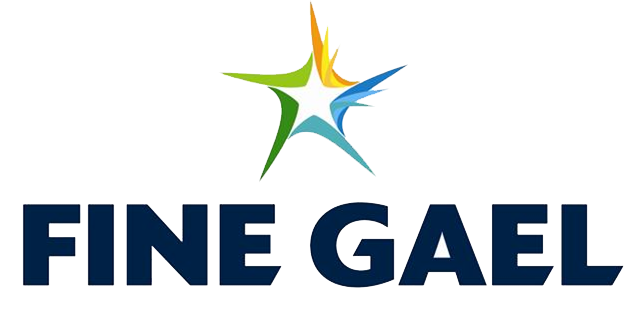
A senior Fine Gael TD has called on the incoming party leader Simon Harris to abandon the Government’s hate speech legislation and return Fine Gael to “core” values. He said these values do not include abortion.
The call comes as an Irish Times/Ipsos B&A Snapshot poll cited the Family and Care referendums (23pc), housing (16 pc), and immigration (14pc) as the top issues impacting the electorate’s view of the Government.
Michael Ring, a former minister, told RTÉ’s This Week programme: “We need to go back to small businesses and farmers and we need to forget about a lot of these social issues we have been raising over the last few years that have been annoying people and upsetting people.”
“I want the hate bill gone, and I want to get rid of that daft idea of opening pubs all night. I will be stronger this time and I won’t be allowing Fine Gael to go into these kinds of social issues that people don’t want,” he said.
“Our core values are not abortion, our core values are not to open pubs all night, our core values are not about hate speech”.

A record high 80% of U.S. adults say religion’s role in American life is shrinking and most are not happy about it, according to a new Pew Research Center survey.
Overall, 49% of U.S. adults say both that religion is losing influence and that this is a bad thing. An additional 8% of U.S. adults think religion’s influence is growing and that this is a good thing.
Together, a combined 57% of U.S adults – a clear majority – express a positive view of religion’s influence on American life.
Overall, there are widespread signs of unease with religion’s trajectory in American life.
48% of U.S. adults say there’s “a great deal” of or “some” conflict between their religious beliefs and mainstream American culture, up from 42% in 2020.
At the same time, 72% of religiously unaffiliated adults – those who identify, religiously, as atheist, agnostic or “nothing in particular” – say conservative Christians have gone too far in trying to control religion in the government and public schools; 63% of Christians say the same about secular liberals.

France’s Catholic bishops have hit back against President Emmanuel Macron’s proposed legislation to enable adults facing terminal illness to access assisted suicide.
In a statement, the bishops, who were meeting in Lourdes for their spring plenary assembly, voiced “our great concern and our deep reservations with regard to the bill announced on the end of life”.
Noting that the Marian shrine in Lourdes is traditionally a place where those who are sick come to experience healing, the bishops voiced their solidarity with “the most fragile people” and insisted that all human life must be “unconditionally respected and accompanied with authentic fraternity”.
“We reaffirm our attachment to the French way of refusing induced death,” they said, and asked that priority be given to palliative care instead, saying, “our democratic ideal, so fragile and so necessary, is based on the founding prohibition against killing”.
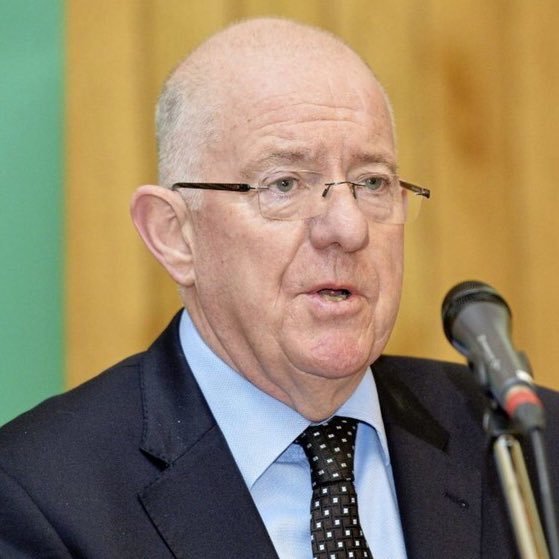
A former Justice Minister for Fine Gael has taken a strong line in opposition to an Oireachtas Committee’s recommendation that ‘assisted suicide’ should be legalised.
On Wednesday the Oireachtas Special Committee on ‘Assisted Dying’ launched a report recommending that assisted suicide should be made available to people with six months to live, or with 12 months to live if suffering from a neuro-generative condition.
Three members of the committee, including its Chairman, Michael Healy Rae, TD, dissented from its findings and launched their own ‘Minority Report’.
In response, Fine Gael TD, Charlie Flanagan, wrote, “I will not be supporting legislation on euthanasia despite my party @FineGael’s position. Instead I will continue to advocate for assisted living, more palliative care beds, Home care teams & packages & resource specialist help thru hospice care”.
He added: “I cannot support this proposal to introduce euthanasia to Ireland for many reasons but the absence of due process is striking. This initiative is neither contained in the Programme for Government agreed between the three governing parties nor in my party @FineGael’s manifesto”
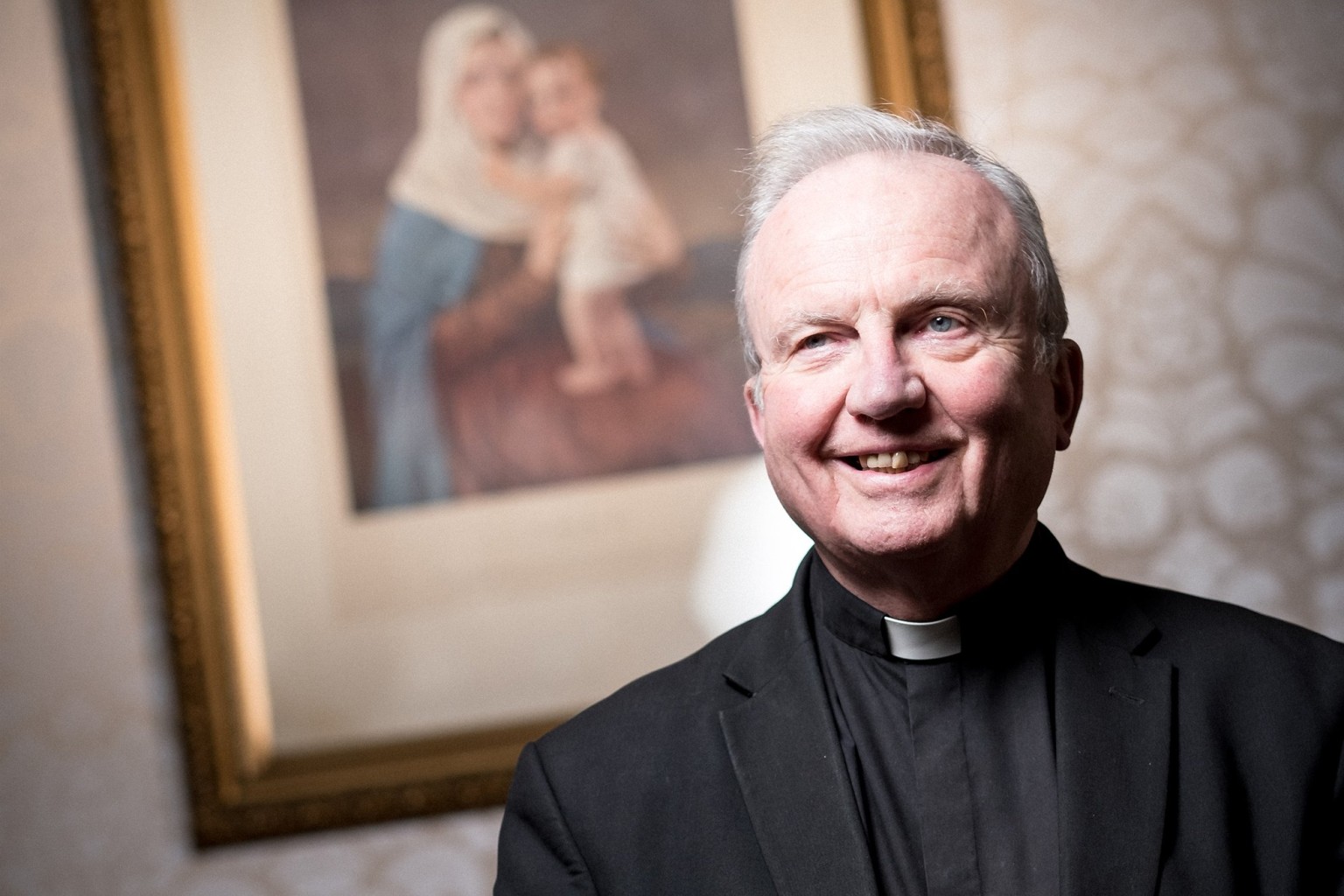
Bishop of Derry Donal McKeown has criticised what he describes as the “modern secular and consumerist culture”, and said that the political parties in the North who adopt this ideology “seem to assume that Catholic education has no place in a modern society”.
In his St Patrick’s Day sermon, Bishop McKeown reminded parishioners that Christianity was gone from being a natural part of life to being seen as a threat.
“Some decades ago Christianity was taken for granted,” he said. “Now in our modern secular and consumerist culture anything that dares to speak of morality, of right and wrong, of self-control, of sacrifice, is seen as a threat to the new ideology, to the market, to its dominant power,” he declared.
He continued: “If I am at the heart of what the world is all about then nobody will tell me or challenge me about my role as a little self-defining God. We know that most political parties here seem to assume that Catholic education has no place in a modern society, that there is no place for a dissident voice that doesn’t support the new secular ideology”.
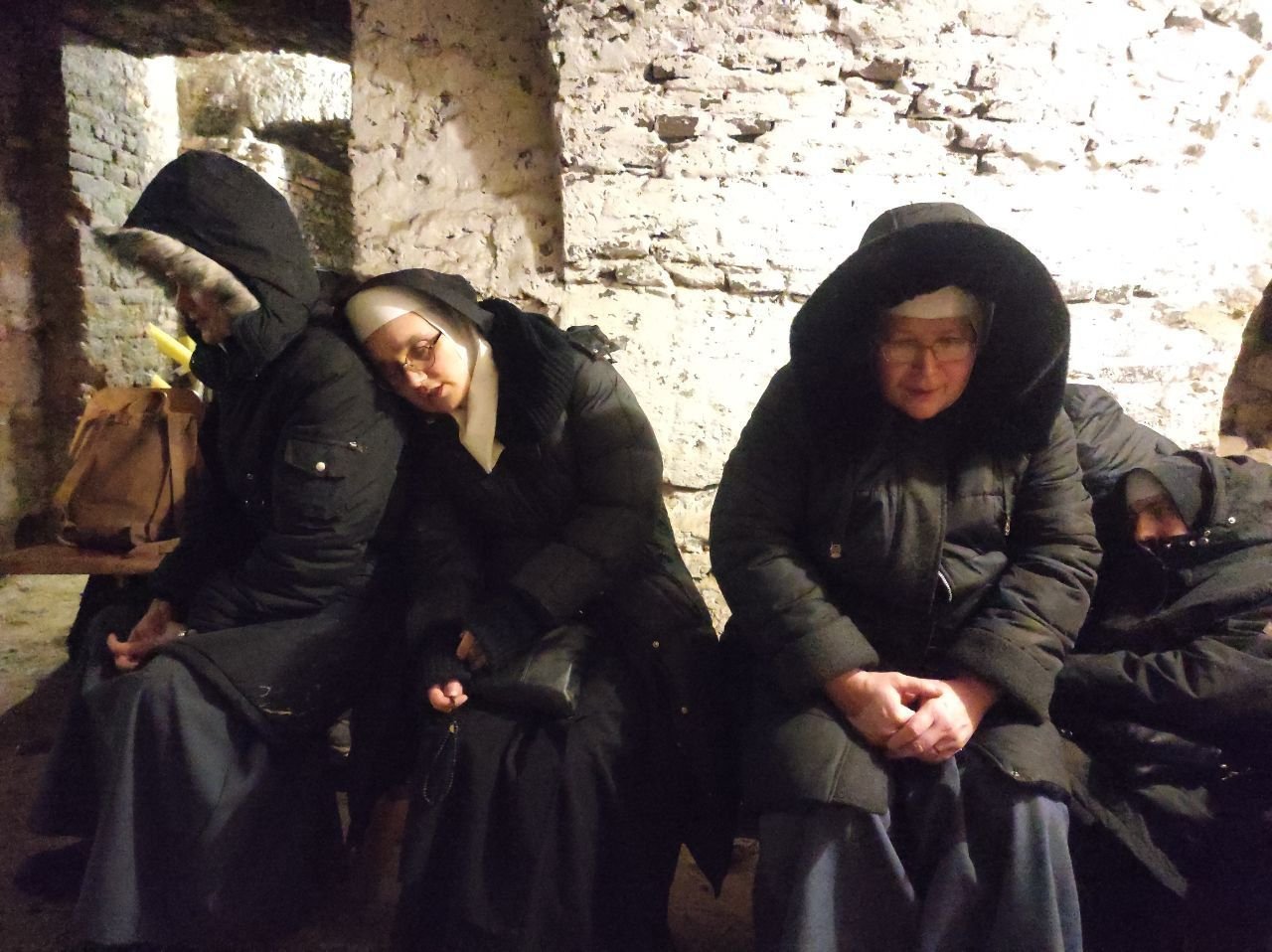
Russia’s full-scale invasion of Ukraine is exterminating religious freedom, signalling a return by Moscow to Soviet-era levels of persecution of faith, the head of the Ukrainian Greek Catholic Church has said.
Sviatoslav Shevchuk said he was alarmed at the destruction of religious buildings and the arrests and killings of faith leaders.
“Today, in the occupied territory, there is not one Catholic priest. All my [Eastern Catholic] priests, even the Roman Catholic priests, were all expelled or imprisoned,” Shevchuk told Newsweek in an interview.
“Around 50 religious ministers, Protestant pastors, Orthodox priests, Catholic priests have been imprisoned or killed,” Shevchuk said. He added that Russia is returning “to the time of the Soviet Union where all of those religion were prohibited or overcontrolled, or simply destroyed.
“In the Soviet Union, [dictator Joseph] Stalin completely destroyed our church, imprisoned all our bishops and all our priests who would not sign an agreement to become Orthodox,” added Shevchuk, who started his priestly formation at an underground seminary in the USSR.
“Even in those territories where Russia were not able to come and occupy, almost 600 churches, places of worship, synagogues were destroyed.”
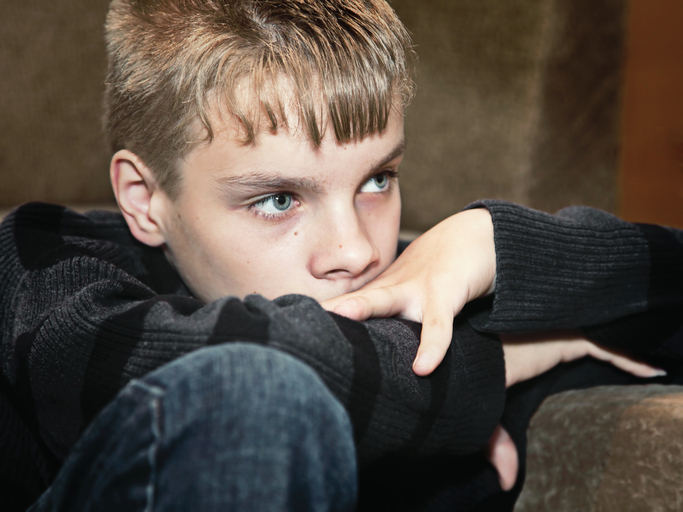
The World Happiness Report shows Ireland slipping in the ranks falling from 13th in 2022 to 14th last year and now 17th, according to a global survey.
Finland retains its place as the happiest country in the world.
The index is based on each surveyed individual’s own subjective evaluation.
Those under 30 are the unhappiest in Ireland and rank 21st happiest in the world; the happiest cohort in Ireland are those between 45 and 59 (16th in the world).
The top 10 happiest nations are made up of Finland, Denmark, Iceland, Sweden, Israel, Netherlands, Norway, Luxembourg, Switzerland and Australia.
Afghanistan remains the most unhappy country in the world with Lesotho and Lebanon the second- and third-worst respectively.
The report is compiled from the Gallup World Poll, which surveys around 1,000 people in each country and asks them to rank themselves from 0 (most unhappy) to 10. GDP per capita, life expectations, social supports and freedom to make life choices were also factored into the global survey.